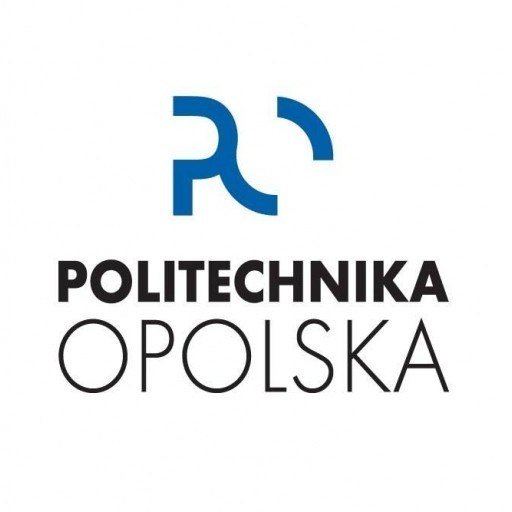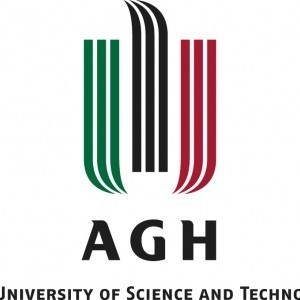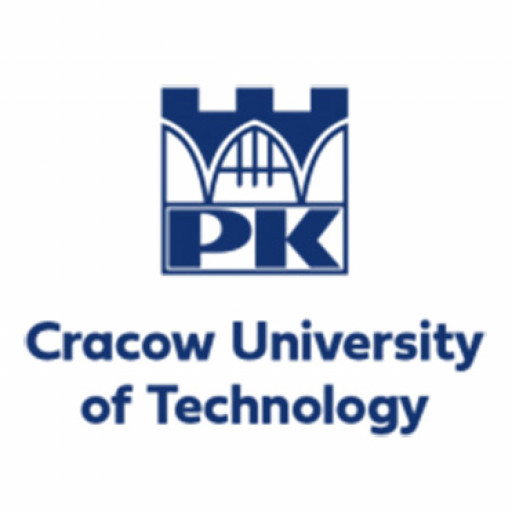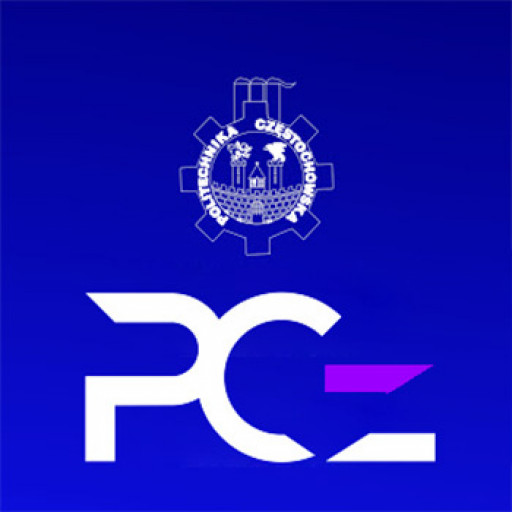Photos of university / #politechnika_opolska
Mechanical Engineering with specialization in Mechanics and Machine Design at Opole University of Technology is a comprehensive and rigorous academic program aimed at preparing students for a successful career in the field of mechanical systems, machinery, and structural design. The program focuses on providing a solid foundation in engineering principles, materials science, thermodynamics, fluid mechanics, and computer-aided design, combined with specialized knowledge in mechanics and the design of machines and structural components.
Throughout the course of study, students gain practical skills in analyzing and solving complex engineering problems related to the performance, reliability, and safety of mechanical systems. They learn to create innovative machine designs, optimize existing solutions, and apply modern simulation tools to predict the behavior of mechanical components under various operating conditions. The curriculum emphasizes the importance of sustainable and environmentally friendly engineering practices, encouraging students to develop solutions that are both efficient and eco-conscious.
The program includes a combination of theoretical lectures, laboratory exercises, project-based learning, and internships with industry partners, providing students with opportunities to apply their knowledge in real-world situations. Students are encouraged to develop teamwork, communication, and project management skills, which are essential for a successful career in the engineering sector.
Graduates of this program are well-equipped to work in various industries, including automotive, manufacturing, energy, aerospace, and robotics. They can take on roles such as mechanical designer, project engineer, research and development specialist, or production manager. Additionally, the program lays a solid foundation for those wishing to pursue further studies or research in related fields.
Overall, the Mechanical Engineering program at Opole University of Technology in Mechanics and Machine Design offers a balanced mix of theoretical knowledge and practical expertise, preparing students to meet the challenges of modern engineering and contribute to technological advancements in their chosen fields.
The Mechanics and Machine Design programme at Opole University of Technology offers a comprehensive education aimed at preparing students for careers in industrial automation, mechanical engineering, and product development. The curriculum is designed to equip students with a solid foundation in classical mechanics, thermodynamics, materials science, and computer-aided design, combined with practical skills in the analysis, modeling, and construction of mechanical systems. Throughout the programme, students engage in a variety of theoretical and practical courses, including strength of materials, mechanical vibrations, fluid mechanics, and manufacturing processes, ensuring they gain a well-rounded understanding of modern mechanical engineering principles.
A distinctive feature of the programme is its emphasis on machine design and optimization, enabling students to develop innovative solutions for complex mechanical problems. Courses in computer-aided design (CAD), finite element analysis (FEA), and computer-integrated manufacturing (CIM) facilitate hands-on experience with industry-standard software, preparing students for real-world challenges. Additionally, students participate in laboratory work and project-based activities, often collaborating with industry partners, which provides practical insights and fosters teamwork skills.
The programme also covers topics related to industrial automation, robotics, and control systems, supporting students in understanding the operational aspects of modern manufacturing facilities. Emphasis is placed on sustainable engineering practices and the utilization of new materials and technologies, aligning the education with current industry trends and environmental considerations.
Students have opportunities for internships and exchange programmes, which broaden their professional networks and enhance their employability. Upon graduation, graduates are equipped to pursue careers as mechanical engineers, designing and analyzing machinery, industrial equipment, or automation systems in various sectors such as automotive, aerospace, manufacturing, and energy. Furthermore, the programme prepares students for postgraduate studies and research activities in mechanical engineering and related disciplines.
The a programme is delivered by experienced academics and industry experts committed to integrating research, innovation, and education. State-of-the-art laboratories and research facilities support the learning process, ensuring that students acquire the skills necessary to excel in the dynamic field of mechanics and machine design. Overall, this programme aims to develop competent engineers capable of contributing to technological advancement and industrial development.
University Requirements: Prospective students must hold a secondary school leaving certificate (high school diploma) that meets the country-specific criteria for university admission. Applicants are required to demonstrate proficiency in English or Polish, depending on the language of instruction, through recognized certificates or standardized tests such as TOEFL, IELTS, or the university’s internal language assessment. For candidates from non-EU countries, additional legalization or apostille of documents may be necessary, along with a valid passport. Admission typically involves an application form submission, payment of the application fee, and providing academic transcripts, certificates, and a CV outlining educational background and relevant experience. Some programs may require an entrance examination or interview to assess technical knowledge and motivation for studying Mechanics and Machine Design. Applicants are encouraged to review specific prerequisites related to mathematics, physics, and technical drawing from their previous educational curriculum. English proficiency requirements for international students usually specify minimum scores for TOEFL (e.g., 80 iBT) or IELTS (e.g., 6.0 band). The university maintains selective admission standards, emphasizing academic achievement and motivation to pursue engineering disciplines. Students should also prepare necessary documents such as a medical certificate or proof of health insurance, depending on the country of origin. The application deadline generally falls several months before the commencement of studies, with the exact dates published on the university's admissions webpage. For international students, additional documentation such as a visa or residence permit application may be required, and it is recommended to start this process well in advance. The university offers orientation programs for new students, including information on academic regulations, available facilities, and student services. To ensure eligibility, applicants should verify specific program-entry criteria on the official university website and contact the admissions office for clarification if needed. All candidates must submit their applications via the university's online application portal or designated application platforms, adhering to the specified formats and requirements.
Financing studies for the Mechanics and Machine Design program at Opole University of Technology are structured to accommodate both domestic and international students through a variety of funding options. Tuition fees are established annually by the university administration and are publicly available on the university's official website. The cost for full-time students generally covers lectures, laboratory exercises, access to university facilities, and participation in practical training sessions. International students often pay different rates compared to domestic students, with details provided during the application process.
Many students finance their education through a combination of personal savings, family support, and government scholarships. The Polish government offers scholarships to both Polish citizens and international students who demonstrate academic excellence or meet other criteria such as financial need. These scholarships can significantly offset tuition fees and living costs. The university also participates in the Erasmus+ program, allowing students to study abroad in partner countries for part of their studies and benefit from additional funding options aimed at fostering international exchange.
Additionally, students may seek external funding through private sponsors, foundations, or educational grants designed to support technical education. The university's career services provide guidance on securing internships and part-time employment, which can contribute to students’ financial support during their studies. For students requiring financial aid, the university offers loan programs in cooperation with financial institutions, enabling manageable repayment plans upon graduation.
For those enrolled in postgraduate levels, financing options are similar and may include research grants and project-based funding, especially for students involved in active research projects within the Department of Mechanics and Machine Design. Moreover, tuition fee agreements can sometimes include installment plans, making payments more flexible. The university also facilitates various social programs and discounts for certain groups, such as disabled students or those from specific socioeconomic backgrounds.
In summary, financing studies at Opole University of Technology’s Mechanics and Machine Design program involves a mixture of university-based scholarships, government aids, international exchange grants, private sponsorships, and financial aid programs, all designed to support students throughout their educational journey while ensuring accessibility and opportunities for talented individuals from diverse backgrounds.
The Mechanics and Machine Design program at Opole University of Technology is a comprehensive engineering course designed to equip students with advanced knowledge and practical skills in the field of mechanics, machine construction, and design processes. This program focuses on developing a deep understanding of the fundamental principles of mechanics, including statics, dynamics, strength of materials, and kinematics, as well as their application in designing, analyzing, and improving mechanical systems and components. Students are introduced to modern CAD (Computer-Aided Design) software, enabling them to create detailed technical drawings and simulations of mechanical parts and assemblies.
The curriculum emphasizes innovation, efficiency, and safety in mechanical design, preparing graduates to meet the challenges of modern industry. Topics covered include materials selection, manufacturing processes, finite element analysis, and maintenance of mechanical systems. The program also emphasizes sustainable engineering practices and the integration of new technological developments such as automation, robotics, and intelligent systems in mechanical design.
Students benefit from a combination of theoretical classes, laboratory exercises, and practical projects, often collaborating with industry partners to work on real-world problems. This practical approach enhances problem-solving skills, teamwork, and the ability to adapt to evolving technological standards. The program aims to prepare graduates for careers in various sectors, including manufacturing, automotive, aerospace, energy, and research and development institutions.
Graduates of the Mechanics and Machine Design program are well-equipped to engage in research, development, and innovation activities or to pursue further postgraduate studies. The faculty provides support through modern laboratories, well-equipped workshops, and access to the latest technological tools, ensuring students gain relevant hands-on experience. By combining solid theoretical foundations with practical application, the program at Opole University of Technology seeks to produce highly qualified engineers capable of contributing to technological progress and economic development in Poland and beyond.








